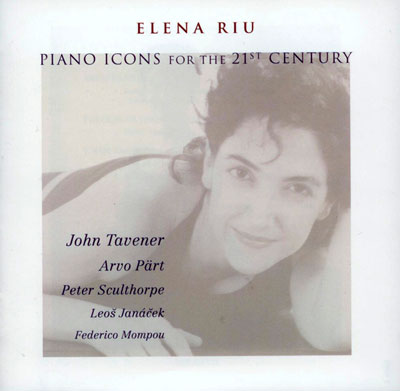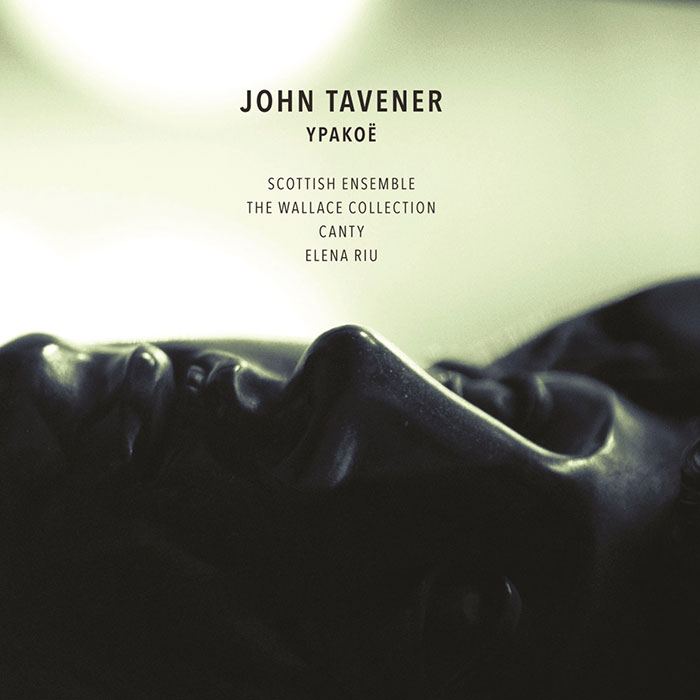Logowanie
OSTATNI taki wybór na świecie
Nancy Wilson, Peggy Lee, Bobby Darin, Julie London, Dinah Washington, Ella Fitzgerald, Lou Rawls
Diamond Voices of the Fifties - vol. 2
Tylko 1000 egzemplarzy!!!
DVORAK, BEETHOVEN, Boris Koutzen, Royal Classic Symphonica
Symfonie nr. 9 / Wellingtons Sieg Op.91
nowa seria: Nature and Music - nagranie w pełni analogowe
Petra Rosa, Eddie C.
Celebrating the art and spirit of music - vol. 3 - Pure
warm sophisticated voice...
Peggy Lee, Doris Day, Julie London, Dinah Shore, Dakota Station
Diamond Voices of the fifthies
Tylko 1000 egzemplarzy!!!
SAMPLER - STS DIGITAL, Buddy Tate, Milt Buckner, Walace Bishop
Jazz Masters - Legendary Jazz Recordings - v. 1
proszę pokazać mi drugą taką płytę na świecie!
Chesky! Niezmiennie perfekcyjny
Winylowy niezbędnik
ClearAudio
Double Matrix Professional - Sonic
najbardziej inteligentna i skuteczna pralka do płyt winylowych wszelkiego typu - całkowicie automatyczna
DEEE
Piano Icons for the 21st Century
- Elena Riu - Piano Icons for the 21st Century
- 01. Arvo Pärt - Variationen zur Gesundung von Arinushka (4:47) >>> MP3 <<<
- 02. Peter Sculthorpe - Djilile (7:12) >>> MP3 <<<
- 03. John Tavener - arise o God (2:03) >>> MP3 <<<
- 04. John Tavener - let all mortal flesh keep silent (4:00) >>> MP3 <<<
- 05. John Tavener - weep not for me O mother (4:15)
- 06. John Tavener - the Lord awoke as one that sleepeth (5:39)
- 07. John Tavener - remember us also o Lord (5:37)
- 08. Peter Sculthorpe - Singing Sun (1:44) >>> MP3 <<<
- 09. Leos Janacek - In the Mists (i) (3:59) >>> MP3 <<<
- 10. Leos Janacek - In the Mists (ii) (4:43)
- 11. Leos Janacek - In the Mists (iii) (2:48)
- 12. Leos Janacek - In the Mists (iv) (5:59)
- 13. Peter Sculthorpe - Night Pieces : Snow (1:29)
- 14. Peter Sculthorpe - Night Pieces : Moon (1:46)
- 15. Peter Sculthorpe - Night Pieces : Flowers (2:10)
- 16. Peter Sculthorpe - Night Pieces : Night (2:27)
- 17. Peter Sculthorpe - Night Pieces : Stars (2:11)
- 18. Frederico Mompou - Charmes : Pour endomir la souffrance (1:47)
- 19. Frederico Mompou - Charmes : Pour pénérer les âmes (2:18)
- 20. Frederico Mompou - Charmes : Pour inspirer l'amour (2:52)
- 21. Frederico Mompou - Charmes : Pour les guérisons (1:55)
- 22. Frederico Mompou - Charmes : Pour évoquer l'image du passé (1:44)
- 23. Frederico Mompou - Charmes : Pour appeler la joie (1:09)
- DEEE - _
Arvo Part's eloquently simple and extraordinarily touching Variationen zur Gesundung von Arinushka ('Variations for the Healing of Arinushka') sets the mood for the entire disc - an overall mood in which ego is subjugated to a more contemplative spiritual dimension. Peter Sculthorpe is represented by a series of piano pieces drawing inspiration from both Australian Aboriginal culture and Japanese orientalism. Djilile is a gently haunting work based on an Aboriginal melody which, translated, means 'whistling duck on a billabong'. Sculthorpe rather modestly remarks that he made the arrangement 'simply for my own pleasure, and perhaps the pleasure of others' - there's little danger of it failing in the latter, for it's almost certain to give universal pleasure to all who hear it. 'Singing Sun' (a mere 1'34" in length), again inspired by Aboriginal spirituality, possesses the same simple, haunting qualities as do the five piano pieces under the title Night Pieces. Here, Sculthorpe's inspiration comes from the Japanese idea of setsugekka (literally snow, moon flowers) to create a set of five movingly poetic Haiku-like pieces. The central work of the disc is the world premiere recording of Sir John Tavener's Ypakoe, written especially for Elena Riu. Ypakoe consists of five movements, each relating to the words spoken by the angels to the disciples who came to Christ's tomb on the morning of the Resurrection. At 21 minutes Ypakoe can be considered a substantial addition to the repertoire - nothing unusual about that, perhaps, but what is unusual is that it is the only substantial piano piece to have appeared in Tavener's output since Palin of 1977. A few years ago I asked Tavener why he had written so little for the piano, to which he replied that he felt unsympathetic to it as an instrument for conveying the 'sacred'. I think he would almost certainly retract that statement now, as Ypakoe is an extraordinary work of great power and spirituality, and certainly a work of major importance. It is not an overtly virtuosic piece, but is like much of Tavener's output, contemplative and chant-like. However, it is by no means an easy piece for the pianist - not least in the interpretative challenge it presents. Elena Riu gives us an exceptionally fine and beautifully meditative performance. Janacek's intensely personal and darkly hued cycle In the Mists raises the dynamic temperature a degree, but nevertheless sits perfectly in this well-balanced recital, and Mompou's introverted and delicately magical Charmes brings this thought-provoking disc to a close. Riu's performances throughout are of the highest order, particularly in the Tavener premiere, for which she obviously feels much sympathy - I look forward to hearing more from this pianist in the future. This is a fascinating and highly rewarding disc: my recommendation - an absolute must. GRAMOPHONE

































